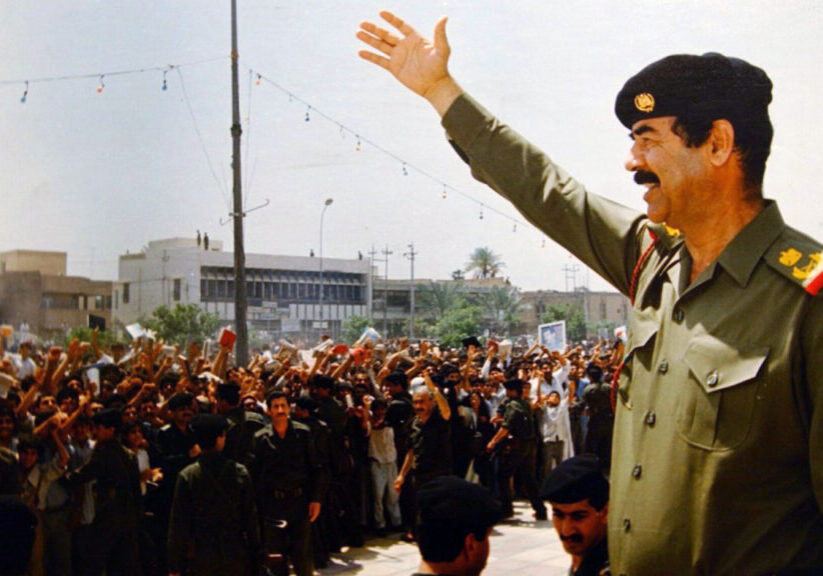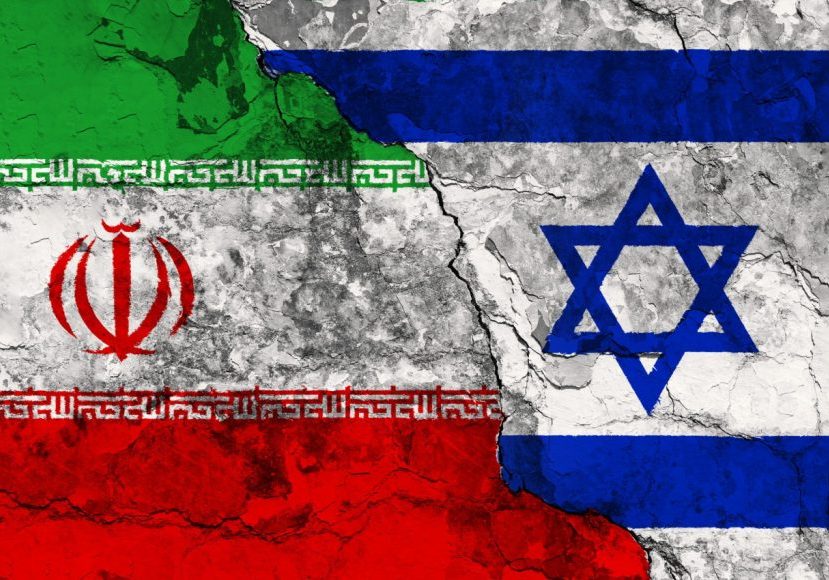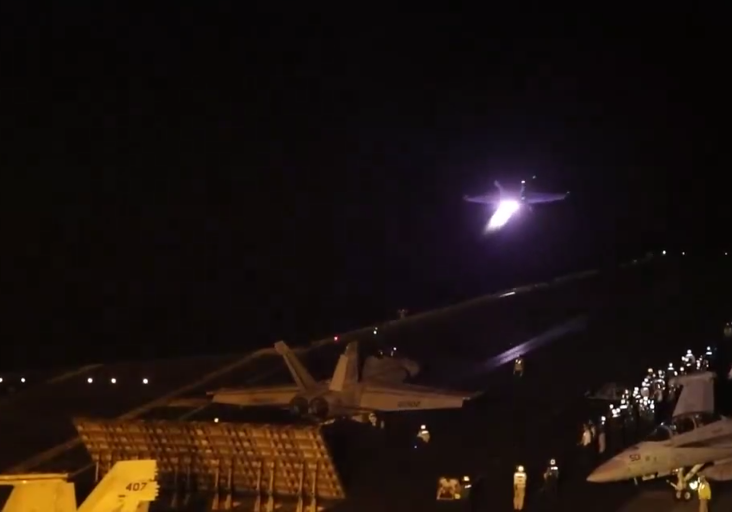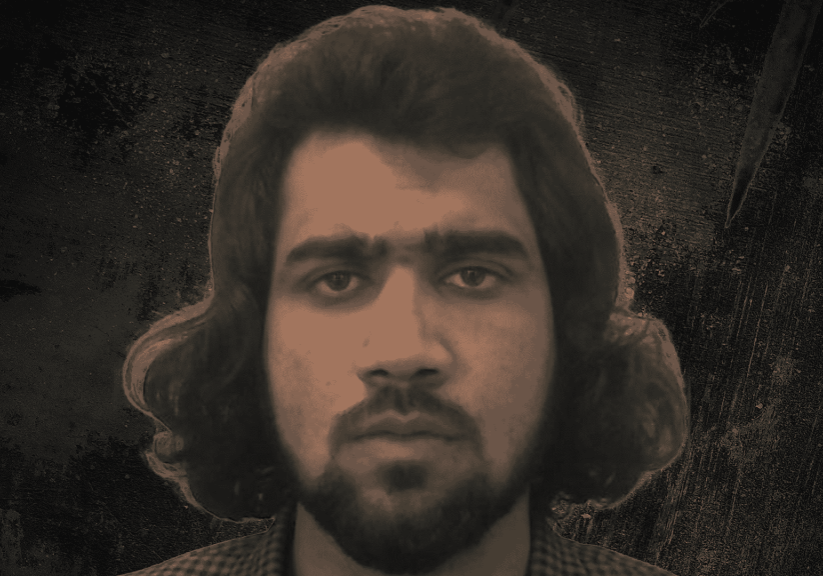Australia/Israel Review
Editorial: Election shaped by consensus
Feb 23, 2009 | Colin Rubenstein
By Colin Rubenstein
Israel’s election result last month was inconclusive. Outgoing Foreign Minister Tzipi Livni and her Kadima party scored a significant success with a narrow, one-seat lead over Binyamin Netanyahu’s Likud. Yet, Netanyahu was also a winner in the election, which revealed a strong shift to the centre-right parties. Those include Avigdor Lieberman’s Yisrael Beitenu, which fell short of projections but still surpassed Labor as the third largest party in the Knesset.
Theoretically, either Livni or Netanyahu could forge a coalition, although as of this writing, Netanyahu’s chances are better. Both have made clear they will seek to form as wide a coalition as possible.
Yisrael Beitenu may also be part of the government (as it was in the Olmert and Sharon Governments), although its policies make it an uneasy fit with some possible coalition partners (it has strong security views whilst supporting a two-state resolution; domestically, it has a strongly secular platform, advocating political reform, civil marriages, and softening conversion standards).
A third possibility is a national unity government where Livni and Netanyahu would “share” the prime ministership, switching halfway through the government’s term as happened in the mid-1980s.
But in terms of security and peace prospects, the reality is that it won’t much matter how these coalition negotiations are resolved.
As the close result and large number of late-deciders demonstrated, there is a lack of clear ideological or policy distinctions between the major parties. Moreover, a wide consensus has developed in Israeli politics and public opinion on the desirability of a two-state resolution to the Israel-Palestinian conflict.
The Israeli public has consistently expressed strong support for such a resolution as long as it leads to genuine peace. And most analysts agree that any Israeli prime minister – including Netanyahu, who has explicitly refused to rule out a future Palestinian state – would make such a deal if it were possible.
But Israelis are increasingly sceptical that any such agreement is possible right now. In the last decade, Israelis have seen the Palestinians respond to a far-reaching offer with the second intifida, rather than a counter-offer; their negotiating partner, Palestinian Authority (PA) President Mahmoud Abbas, lose control of nearly half the future Palestinian state’s territory to the terrorist and irredeemably rejectionist Hamas; and finally, a complete withdrawal from “occupied territory” – Gaza – answered by incessant rocket attacks inside Israel’s pre-1967 borders.
Due to these realities, the approaches of a Netanyahu or a Livni goverment on the peace process would differ more in terms of perceptions and tactics than substance.
If Livni becomes prime minister, she will continue the negotiations with Abbas that began after the Annapolis conference in November 2007. These negotiations are aimed at achieving a so-called ‘shelf agreement’ on all the final-status issues that would be implemented at a later date, when the current dysfunctional and divided state of Palestinian politics has been ameliorated.
For his part, Netanyahu too would continue negotiations with Abbas (much as he continued the peace process with then-PA Chairman Yasser Arafat when prime minister, including negotiating the 1998 Wye River Memorandum and withdrawing some settlers from the West Bank city of Hebron). However, Netanyahu has said he would emphasise the need for reciprocity from the Palestinians in implementing agreements, tying Israeli concessions to Palestinian ones.
Netanyahu has also called for bolstering Palestinian moderates and isolating extremists by working with the international community to strengthen PA security forces and rapidly improving economic development in the West Bank. This parallels efforts by Quartet envoy Tony Blair to improve the economic and security situation in the West Bank to create a foudation for peace.
Importantly, this approach is consistent with the Obama Administration’s strategy of strengthening moderates like Abbas while isolating Hamas.
Like Obama, Livni, Netanyahu and others across the Israeli political spectrum similarly agree on the need to continue isolating Hamas unless and until it agrees to recognise Israel’s right to exist, renounce violence and abide by previously signed Israeli-Palestinian agreements.
The reality is that as long as Hamas continues to fight to destroy Israel and controls Gaza, no peace process can succeed – regardless of who is Israel’s prime minister or how much he or she desires peace.
And given the aftermath of Israel’s complete, unilateral withdrawal from Gaza – no Israeli government is likely to replicate the experiment of unilateral withdrawals.
The new government will also have to decide whether to continue the indirect talks with Syria began by outgoing Prime Minister Ehud Olmert. Because Livni was Olmert’s foreign minister and Netanyahu enthusiastically pursued secret Israel-Syria talks whilst Prime Minister, it would not be surprising if either continued those negotiations, assuming conditions were ripe.
Yet the continuing threat posed by Iran is likely to top either’s agenda. Calls from Iranian President Mahmoud Ahmadinejad and others to “wipe Israel off the map” while at the same time denying the Holocaust must be taken seriously.
Iran backs its rhetoric with action, such as its recent satellite launch – using technology that can also be used in ballistic missiles – and marching forward on uranium enrichment while stonewalling international inspectors. Meanwhile, Iran funds, trains and arms Hezbollah and Hamas, which attack Israeli civilians.
Teheran’s nuclear weapons aims, its use of terrorist proxies against Israel, and the continuing control of half the future Palestinian state by a group committed to Israel’s destruction are the primary obstacles to hopes for a lasting resolution to the Israel-Palestinian conflict. These are the issues the next Israeli government, whoever its leader and whatever its make-up, must address.
Tags: Iraq






